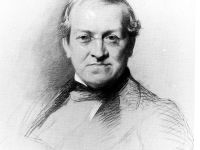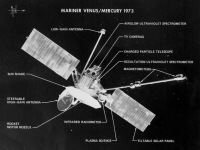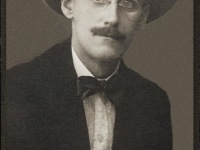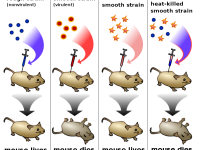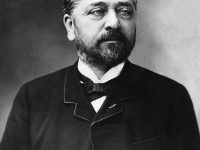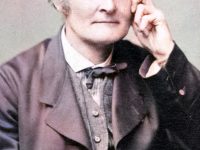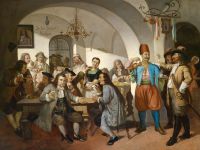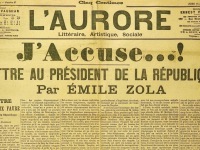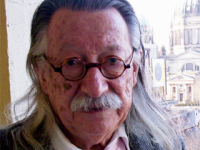Charles Wheatstone – From the Concertina to the Telegraph
On February 6, 1802, Charles Wheatstone, English scientist and inventor of many scientific breakthroughs of the Victorian era was born. He is well known for his research in acoustics, electricity, and telegraphy. Family Background and Early Youth Well, if you don’t happen to be an engineer or a physicist, then you have probably never heard of Charles Wheatstone. But we will show you that he was really some remarkable fellow. Charles Wheatstone was born…
Read more

